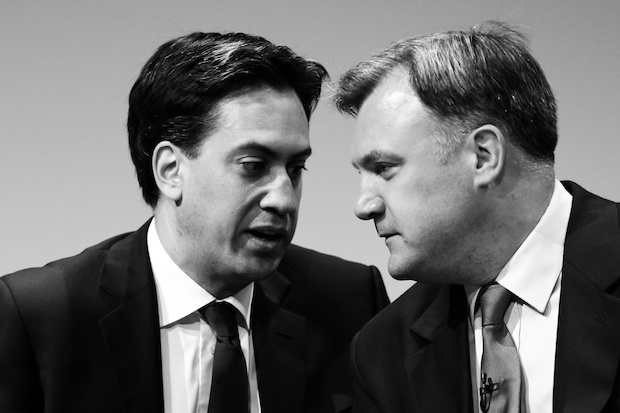Ancients would have been astonished that parties never debate against each other in open, public forum except on the telly before general elections — and even then they do their best to resist. The reason is that politicians understand ‘debate’ only in terms of internal parliamentary procedures where the outcomes are entirely predictable. The result is usually one long exercise in freedom of screech. Look at PMQs.
In democratic Athens, the subjects for debate were determined by a people’s Council of 500. These were appointed by lot, 50 from each of the ten tribes, from among the male citizens of Athens over 30. They served for one year, never more than twice (and not in succession). Each of the tribes was on 24-hour stand-by duty for 36 days of the year to receive all business; Council would turn this into proposals to go before the weekly Assembly (all male citizens over 18). There, every citizen had the right to speak (twice) from the platform.
The significant point here is that in Assembly the famous politicians — people like Themistocles, Pericles or Alcibiades — had no greater rights than anyone else. All they could do to win their case was to persuade the Assembly that they were right and everyone else wrong. And they did this week after week on matters of importance to them. To read accounts in Thucydides of these intelligent, incisive and superbly articulate debates, determined by a show of hands, is a strange experience.
The contrast with our system is striking; and to judge from the details that occasionally dribble out, the only real debates in which our politicians engage are not those held in parliament, but those held within their own parties, behind closed doors, where they fight like wild cats to control the agenda. As a Greek pointed out, politicians quarrel with one another even when they share the same objectives. Ask the two Eds. Having access to those would perhaps generate real public engagement: after all, finding out how and why decisions are reached is far more revelatory than the decisions themselves, let alone anything on the telly.
Got something to add? Join the discussion and comment below.
Get 10 issues for just $10
Subscribe to The Spectator Australia today for the next 10 magazine issues, plus full online access, for just $10.
You might disagree with half of it, but you’ll enjoy reading all of it. Try your first month for free, then just $2 a week for the remainder of your first year.














Comments
Don't miss out
Join the conversation with other Spectator Australia readers. Subscribe to leave a comment.
SUBSCRIBEAlready a subscriber? Log in